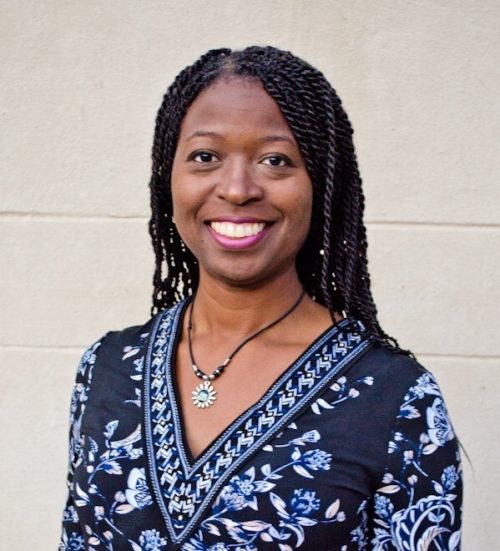
Anyone who has studied a second language understands how challenging it can be to master spoken sounds in other languages. Even after a person has become fluent, they may have a pronounced accent that requires the listener to strain to understand what is being said.
“If something has to be repeated more than twice, it is likely that the listener is no longer engaged, and the vital human connection that is part of all fluid conversation has been broken,” said Veronica Adamson, Director at Accent Coach ESL, who works with professionals at multinational companies to improve English pronunciation and reduce accents for improved communication.
“The mission of Accent Coach ESL is to have yourself and others ‘love to hear you speak’,” Adamson said. “When we enjoy the sound of someone’s voice, we comprehend what they’re saying and are able to share confidently on topics of mutual interest. We connect! An accent coach is a connection coach, and our medium is speech.”
Clients gain more than just better English pronunciation, experiencing increased cultural awareness and greater confidence overall. This expression of personal power and effectiveness facilitates improved cross-cultural collaboration and performance in the workplace.
While international migration has increased greatly in the last 30 years, especially in the San Francisco Bay Area, the need for an accent coach is becoming more and more common in today’s globalized world.
“Many people from China, Russia, India, Latin America and Europe have found great success coming to the rich job market of Silicon Valley. It’s a region of great opportunity, and my goal is to make sure that these opportunities are maximized for everyone, regardless of their country of origin,” said Adamson.
Educated in mechanical and civil engineering, Adamson’s path to becoming an accent coach was not obvious.
“Throughout my life and education, music was always a large influence,” Adamson said. “During an engineering internship in Berlin I discovered that my love of vocal music helped in mastering the sounds, tones and rhythms used by the German speakers around me. Though I had studied German for only six months before heading to Berlin from Stanford, I found that I was easily understood and included in the lives of my German friends and co-workers. I was delighted to be accepted and share in their rich culture through the bridge of language.”
Accent Coach ESL strives to achieve early and enduring conformance to a standard accent regardless of the client’s native language. This is achieved by helping clients develop a new mindset and understanding about the purpose of speech. Learning is customized, focused on the client’s specific industry, and provides documented results through quantitative progress metrics and a measurable ROI.
When hiring an accent coach, Adamson stresses that it is critical that the goals of the instructor match those of the student.
“Most of my clients possess higher degrees, Master’s and PhDs,” Adamson said. “Their intelligence has already been proven many times over. My focus is not to make them earn an additional degree in phonetic alphabet or the theory of language and translation. Rather, my goal is to help them achieve the best and most dramatic results quickly. In this way, my students master the sounds, tones and rhythms of speech within the first two to three weeks of working with me.”
Adamson cannot help but be proud when she hears how Accent Coach ESL has changed the lives of her clients.
“Two of my clients received significant promotions with larger international responsibility. Both stated that the progress made during our accent coaching sessions made a major difference in personal performance and confidence when speaking English,” Adamson said. “Another client received feedback from a colleague that she had made ‘surprisingly good improvement’ in speaking English ‘in a short amount of time’. This same person also reported a greater sense of confidence when sharing complex ideas in English.”
Adamson stresses that strong localization groups benefit from the talents of individuals with diverse language backgrounds.
“I often tell my friends in localization that I help humans to localize! In order for a localization team to work well together, there must be a common language through which information is shared,” Adamson said. “When we speak in a way that is familiar to the listener, we’re able to communicate and connect.”
“I do not like this line of work, I love, L-O-V-E this work,” Adamson said. “If you have ever taught someone to ride a bike, or to fish, or to drive a car – any learned skill – you know the joy and satisfaction that comes from seeing your student progress and excel. The work that I do dramatically improves career paths and companies. It allows someone who may have been marginalized to a lower management or technical role to take their rightful place in an upper management position, if they so desire. This greatly impacts the individual and the companies they serve since the ability to promote from within is one of the greatest strengths of any global company.”
See Adamson in this short teaching session shown on local TV in Palo Alto, CA. It gives an idea of how dramatic change can be made quickly, all while having a great time!